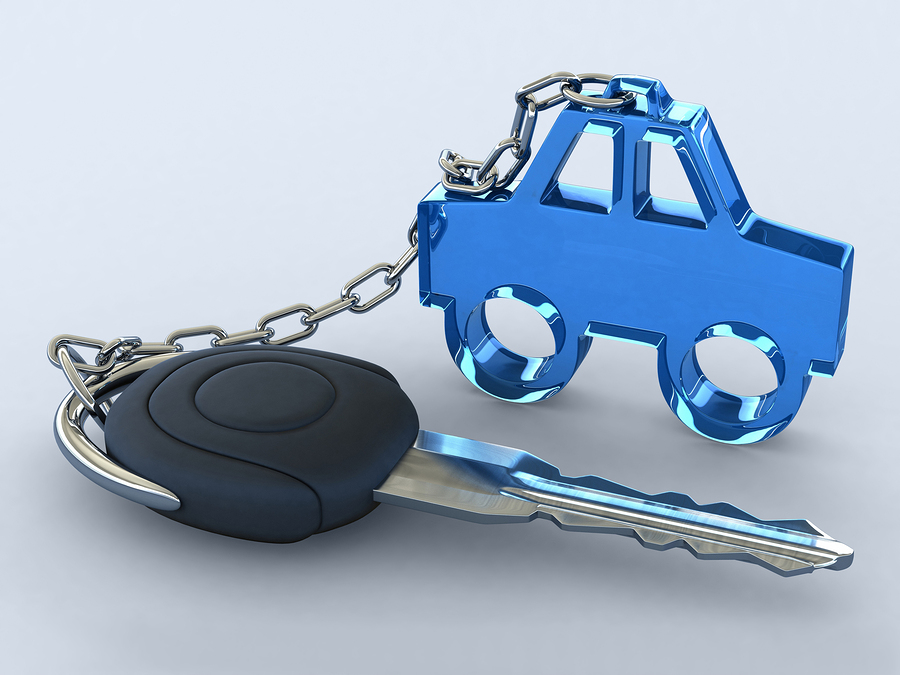Car Finance or Personal Loan – Which is Best for You?
With many people struggling to afford their own vehicle, many consumers will be looking for ways to finance their purchase.
While car finance and personal loans are both popular options, it can be difficult to determine which one is the best choice.
If you pay for your car with a loan, it means you own the car outright from the point of purchase and can be much more cost effective. With a car on finance, you don’t own the vehicle while you are making payments. There are different forms of car finance available, including leasing (where there’s no option to own the vehicle) and hire purchase (HP) and personal contract purchase (PCP) where you can choose to own the vehicle at the end of the contract.
Since there are pros and cons to both car finance and a loan, Rhiannon Philps, a personal finance expert at NerdWallet, has gone through the differences between each option to help you work out which one is best for you.
 Car Finance vs Loan
Car Finance vs Loan
“If you buy a car with a personal loan, you split the cost over a number of monthly instalments with a set rate of interest. Terms for a loan can be spread over the course of up to seven years.
“The loan contract is usually with a bank or online lender, which has no association with where you might choose to purchase your car from.
“The cost of your personal loan will entirely depend on your credit score and individual circumstances, with the best rates typically being given to those with ‘excellent’ credit scores.
“The concept of car finance is the same, as you pay the cost of the car over monthly payments with interest. However, this is done through a car finance company rather than an independent lender.
“Usually, you pay a deposit at the start of the contract, followed by monthly payments during the term of the contract. Depending on the type of car finance you have, you can either pay a lump sum to keep the car, swap it for a different model, or simply return it at the end of the contract.”
Pros and Cons of Car Finance
Pros
- You can spread the cost of a brand new car across affordable monthly payments
- You can sometimes choose to return the car at the end of the contract and exchange for a new one on another contract
- There are different types of car finance that are available to suit different budgets
- You could get a more expensive car than you might have originally been able to when paying outright
- You may be able to cancel your finance contract and return your car if you become unable to afford the monthly payments, due to a change in financial circumstances
Cons
- Interest rates can be higher than a personal loan
- You don’t own the car while you are making the monthly payments
- If you fail to make repayments, you could damage your credit score and the company can repossess your car
- If you have a PCP contract and you exceed the set mileage limits, you could be charged a fee
- If you damage the car, you need to pay for the repairs before returning it
- You will likely to need to pay a deposit to take out an agreement
Pros and Cons of Personal Loan
Pros
- They can offer low interest rates and be one of the cheaper ways to borrow, as long as you have a good credit history
- You own the car from the point of purchase and you can modify or sell it as you choose
- You can buy a car from any seller, not just finance dealerships
Cons
- You need an excellent credit score for the best interest rates
- Monthly payments can be higher than car finance
- You may find less flexibility in how your repayments are structured
“There are multiple factors to consider when weighing up the options,” continues Rhiannon, “such as credit score, monthly income or the model and type of car you want.
“If your credit score is rated as excellent, you can access the best interest rates meaning a loan is likely to be a cheaper option than car finance.
“To work out whether car finance or a loan is the best value for money, you should add together all the total costs involved. Think about the deposit, interest and fees that you might have to pay for.
“You should also think about things other than cost, such as the type of vehicle you want, how important it is for you to legally own the car, and whether you might want to upgrade in a few years time.”
Credit: NerdWallet



















